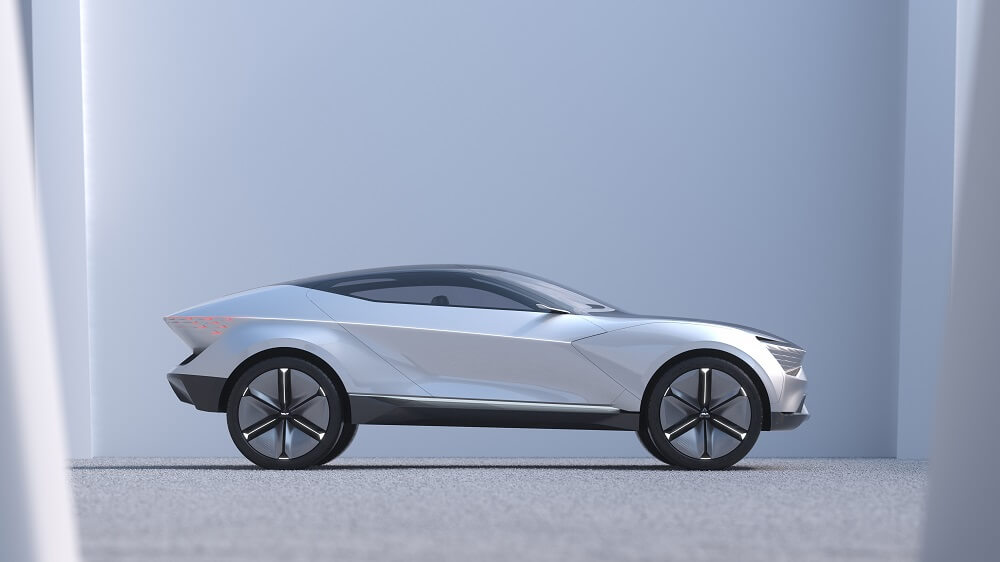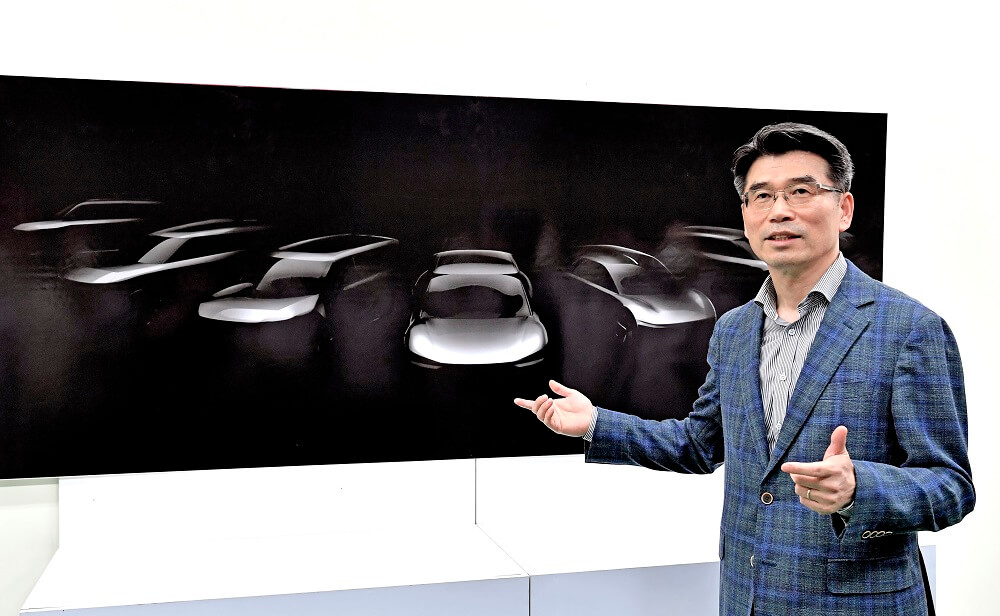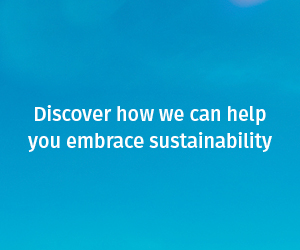Kia flicks switch on electric vehicle expansion

The company said the initiative represented the first stage in its quest to have battery electric vehicles (BEVs) account for 25% of its global sales by 2029.
Kia currently sells about three 3 million vehicles per year in more than 190 countries, meaning a conservative target would see it building about 750,000 BEVs before the end of the decade.
The car maker doesn’t have an EV in its Australian range at present, but stablemate Hyundai sells BEV versions of the Kona SUV and Ioniq small car and has recently begun a trial of 20 NEXO hydrogen fuel-cell electric vehicles (FCEV) in Canberra.
While Hyundai is pushing rapidly ahead with FCEV technology, and has its own ambitious plans to sell one million EVs by 2025, Kia’s plans are focused exclusively on BEVs, with the omission of any reference to FCEVs a possible sign it intends to leave development of the technology exclusively to Hyundai.
Meanwhile, Kia’s first dedicated BEV is due to launch in 2021 and will provide a pointer to the company’s new design direction.
The company revealed an early sketch of the new BEV range during an event at its Hwasung plant in South Korea, with details of the strategy announced by Kia President and CEO Ho Sung Song (pictured).
“Kia has sold more than 100,000 BEVs worldwide since the introduction of our first mass-produced BEV in 2011, the Kia Ray EV," said CEO Song.
"Since then, we have started to introduce a range of new BEVs for global markets and announced plans to accelerate this process in the years ahead. By refocusing our business on electrification, we are aiming for BEVs to account for 25% of our total worldwide sales by 2029.”

The company said it would work with its worldwide dealer network and partner with EV charging companies to expand EV charging infrastructure worldwide.
Kia’s “Plan S” strategy announced at the start of 2020 outlined plans to transition its future businesses to focus on BEVs and mobility solutions.
The strategy calls for the auto maker to expand its BEV line-up to 11 models by 2025, and for BEVs to account for 20% of the brand’s total vehicle sales in advanced markets over the same period.
The first of the seven dedicated BEVs to be launched by 2027 is a model code-named CV, which is scheduled to be revealed in 2021 and which a statement from Kia said, was, “destined for many regions globally”.
It’s not clear if this also means Australia, but specialist automotive websites have previously stated Kia Australia would launch its first BEV in 2021, so it seems likely it will be this CV model.
A statement from Kia said the CV model would “encapsulate the brand’s attitude towards innovation and change, presenting a new design direction that signifies Kia’s transition to an EV-focused business strategy”.
It said the company was planning to respond to market demands “by offering diversified product types, with a range of models suitable for urban centres, long-range journeys, and performance driving”.
By adapting its new Electric-Global Modular Platform (E-GMP), Kia claims it will be able to offer vehicles with best-in-class interior spaciousness and that the company was also seeking to innovate with its sales practices for EVs.
The brand said it was exploring the creation of subscription services to offer a diversified buying option for customers, as well as EV battery leasing and rental programs, and other “second-life” battery-related businesses.
Kia also announced plans to expand its global after-service infrastructure for EVs, with a significant increase in the number of dedicated EV work bays in Korea and other markets, as well as plans to develop its own programs to train EV maintenance professionals.
The company also announced new efforts to expand electric charging infrastructure by adding 1500 new EV chargers in its home market by 2030, plus an additional 2400 chargers in Europe and about 500 in North America.
It is also pursuing strategic alliances with the likes of IONITY, a European company specialising in high-speed EV charging. There was no news on any plans to develop Australia’s fledgling EV charging network.
Finally, Kia referenced its efforts to help drive the uptake of EVs through active collaborations with governments and engaging in new commercial partnerships, such as its recent involvement with start-up Purple M, which specialised in providing customised e-mobility services based on EVs.
Related topics
Things to note
The information in this article has been prepared for general information purposes only and is not intended as legal advice or specific advice to any particular person. Any advice contained in the document is general advice, not intended as legal advice or professional advice and does not take into account any person’s particular circumstances. Before acting on anything based on this advice you should consider its appropriateness to you, having regard to your objectives and needs.
Insurance Products (excluding Travel Insurance) are issued by RACQ Insurance Limited ABN 50 009 704 152 (RACQI) and arranged by its agent, RACQ Distribution Services Pty Ltd (RDS) ABN 35 116 361 650, AFSL 567130 and RDS' authorised representatives (including RACQ Operations Pty Ltd ABN 80 009 663 414, AR No. 234978 (RACQO). Conditions, limits and exclusions apply. RDS and RACQO are in the RACQ group of companies. One of the companies in the RACQ group of companies has a minority shareholding in RACQI.
RDS and RACQO have not taken your personal objectives, circumstances or needs into account when preparing advice regarding insurance products and you will need to consider whether the advice is appropriate for you. Read the Product Disclosure Statement (PDS) and any applicable Supplementary PDS before making a purchase decision on this product. You can also access our Target Market Determinations on this website. RDS receives a commission from RACQI for the policies it arranges. RACQO receives fees paid for services it provides to RDS. Further details about remuneration are available on request prior to purchasing.
Banking and loan products issued by Members Banking Group Limited ABN 83 087 651 054 AFSL/Australian credit licence 241195 trading as RACQ Bank. Terms, conditions, fees, charges and lending policies apply. This is general advice only and may not be right for you. This information does not take your personal objectives, circumstances or needs into account. Read the disclosure documents for your selected product or service, including the Financial Services Guide and the Terms and Conditions, and consider if appropriate for you before deciding.
Except for RACQ Bank, any RACQ entity referred to on this page is not an authorised deposit-taking institution for the purposes of the Banking Act 1959 (Cth). That entity’s obligations do not represent deposits or other liabilities of RACQ Bank. RACQ Bank does not guarantee or otherwise provide assurance in respect of the obligations of that entity, unless noted otherwise.
RACQ Bank subscribes to the Customer Owned Banking Code of Practice which establishes higher standards than the law requires. The Code reflects modern consumer expectations and developments in approaches to issues such as consumer vulnerability, guarantors, and supporting customers through financial hardship. Please read our Customer Owned Banking Code of Practice page for more information.
RACQ Operations Pty Ltd (ABN 80 009 663 414 AR 000234978) and Members Travel Group Pty Ltd (ABN 45 144 538 803 AR 000432492) are acting as an Authorised Representative of the issuer of the insurance, Tokio Marine & Nichido Fire Insurance Co., Ltd. (ABN 80 000 438 291 AFSL 246 548). Any advice set out above is general in nature only, and does not take into account your objectives, financial situation or needs. Before purchasing any travel products, please consider the RACQ Travel Insurance Product Disclosure Statement (PDS) and the Target Market Determinations (TMDs) that apply to these products. Whilst the PDS outlines the Terms and Conditions of these products, the TMDs outline the intended class of customers that comprise the target market for these travel products. This will allow you to consider which products best suit your objectives, financial situation and needs and consider the products appropriateness to your personal circumstances. TMDs also outline matters involving the distribution and the review of these products. The PDS, Supplementary PDS and TMDs for each travel product can be found here.

